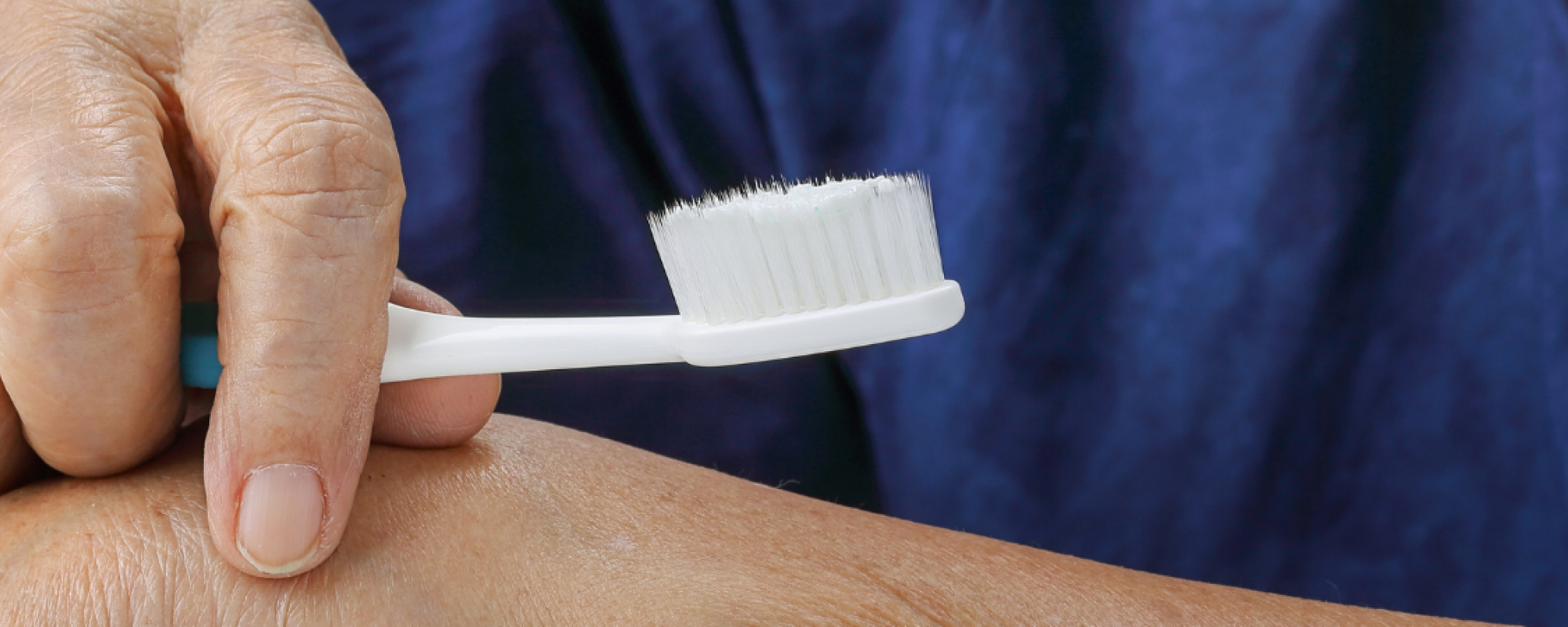Oral Health
Maintaining the oral health of patients in PALTC settings can be challenging but is integral to overall health and wellbeing.
Oral Health Challenges in Older Adults
- Dental Wear and Decay: Natural wear over time, combined with a potentially increased sugary diet or medications causing dry mouth, can contribute to dental caries.
- Periodontal Disease: Chronic gum infections not only lead to tooth loss but have been linked to cardiovascular diseases and diabetes.
- Dysphagia and Aspiration: Poor oral health can contribute to swallowing difficulties, raising concerns about aspirating oral bacteria into the lungs and resulting in pneumonia.
- Impact on Nutrition: Compromised dentition or pain can deter optimal dietary intake.
Protocols for Enhanced Oral Health
- Regular Dental Screenings: Routine examinations can identify and address dental issues in their nascent stages.
- Hygienic Protocols: Daily oral hygiene, including brushing, flossing, and the use of mouthwashes, must be consistent and adapted for those with dexterity or cognitive challenges.
- Dry Mouth Management: Given that several medications and conditions can induce xerostomia, regular hydration and specific salivary substitutes can be considered.
- Interdisciplinary Collaboration: The nursing staff, primary care physicians, and on-call or visiting dentists should work in tandem to ensure a holistic approach to oral care.
- Education and Training: Staff should be taught about the nuances of oral care in older adults, especially when caring for those with cognitive decline or physical challenges.

